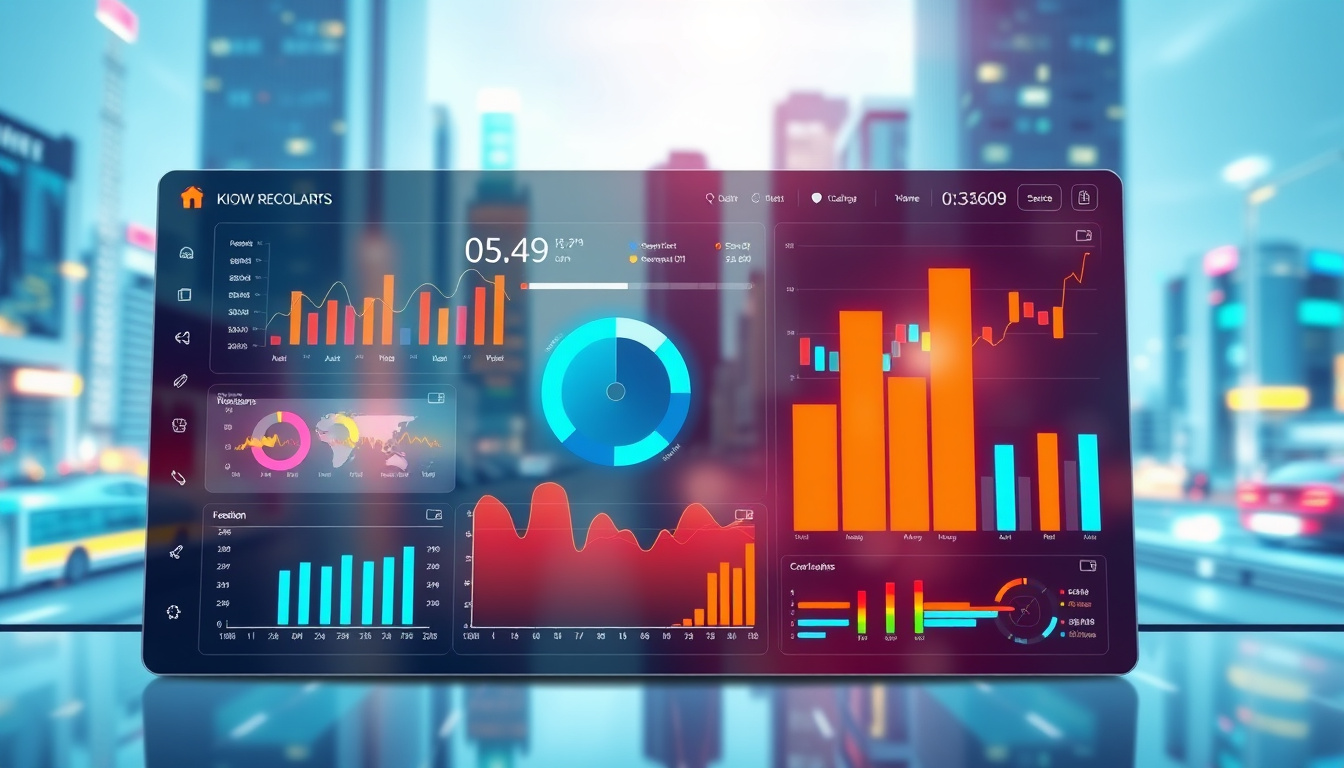Marketing Data Science Techniques That Transform Business Strategies Today

In today’s business world, marketing data science is not optional—it is key. Data science in marketing lets teams make sound choices, see hidden customer clues, and fine-tune campaigns with care. It segments groups, predicts trends, and shifts strategies for more wins and profits.
This article looks at top marketing data science techniques, shows how they change business plans, and gives ways to use them for clear gains.
What Is Marketing Data Science?
Marketing data science means using methods like statistics, machine learning, and data visuals on marketing data. The goal? To pull out useful insights from large, tangled data about customers, campaign effects, and market trends.
Using marketing data science helps companies: • See what customers like and do
• Tailor marketing work
• Split budgets well
• Guess future trends and results
• Boost new customer gains and keep old ones
Digital data grows and tools improve. Businesses see clear exchanges between brands and customers. But to craft usable insights, one needs special marketing data science tools.
Key Marketing Data Science Techniques Transforming Business Strategies
1. Customer Segmentation Using Clustering Algorithms
Customer segmentation splits a wide market into close groups with shared traits. Algorithms like K-means or DBSCAN check purchase history, demographics, web actions, and touches. They form clusters that make sense.
Marketers then craft messages for each group. For instance, one group may get offers for high-spenders, another for price watchers, or new buyers.
2. Predictive Analytics for Demand Forecasting
Predictive models—using regression or methods like random forests and gradient boosting—use past data to foresee demand and future sales. This helps in smart stock control, campaign timing and resource use.
It also spots when customers might leave, so teams act early to keep them.
3. Attribution Modeling to Understand Marketing Impact
Attribution modeling builds a score for each touchpoint in a campaign. Using methods like logistic regression and Markov chains, data science checks which channels work best. This makes it easier to split budgets and build plans around those that yield high returns.
This approach works well in digital spaces that mix social media, search, email and even offline channels.
4. Sentiment Analysis on Social Media and Customer Reviews
Sentiment analysis uses natural language processing (NLP) to read words from social media, reviews, and feedback forms. This tool shows a brand’s feel, reputation, and customer joy in near real time.
Marketing teams then act fast when feedback turns sour or when clues for improvement show up.

5. A/B Testing and Experimentation Driven by Data Science
A/B testing splits audiences into two groups to try different ideas. Data science makes these tests valid. It checks results with clear numbers, and points to the key factors behind changes.
Using hypothesis tests and causal checks lets marketing teams rely on sound data.
Implementation Steps: How to Leverage Marketing Data Science in Your Business
To use marketing data science well, plan and act smartly. Follow these steps:
- Define Clear Business Objectives
Pick main goals like boosting customer life time, lifting conversion, or shrinking churn. - Aggregate and Cleanse Relevant Data
Gather data from CRM, site analytics, social channels, and sales logs. Clean, steady data is a must. - Choose Appropriate Analytical Techniques
Select methods that match your goals—clustering for groups or models for forecasts. - Develop Models and Analyze Results
Build models with tools like Python, R, or AWS SageMaker. Check results and turn them into clear steps. - Integrate Insights into Marketing Strategy
Use data ideas to tweak messages, choose channels, manage budgets, and target customers. - Continuously Monitor, Test, and Refine
Data science is a cycle. Keep collecting data, run tests, and update models to match market shifts.
Benefits of Incorporating Marketing Data Science
Using marketing data science gives many wins:
• Enhanced Customer Understanding:
Get close insights into who customers are and what drives them.
• Personalized Customer Experiences:
Tailor messages to groups, lifting engagement and loyalty.
• Optimized Spend:
Spend smart by using data to avoid weak channels.
• Competitive Advantage:
Spot market moves early to stay ahead.
• Measurable Results:
Use steady KPIs to track and improve ROI.
A report from the Harvard Business Review finds that firms using data science in marketing beat competitors in customer gains and retention.
Challenges in Applying Marketing Data Science
Though the gains are clear, there are hurdles:
• Data Privacy and Compliance:
Stick to GDPR, CCPA and other laws when using customer data.
• Data Quality Issues:
Messy data can hurt model accuracy.
• Skills Shortage:
It is hard to find the mix of marketing, data science, and business smarts.
• Integration Complexity:
Merging different systems and clean data takes work.
Tackle these with strong rules, good training, and scalable tech.
Top Marketing Data Science Tools for Businesses
Many tools help put these techniques in play:
• Google Analytics & BigQuery:
For web data and large queries.
• Python & R:
Key tools for custom models.
• Tableau & Power BI:
These turn tough data into clear visuals.
• Salesforce Einstein:
An AI tool that boosts CRM with predictions.
• Hootsuite Insights:
It listens to social media and checks sentiment.
Tool choice depends on your need, data size, and tech skills.
Frequently Asked Questions (FAQ)
Q1: What role does data science play in customer segmentation?
A1: It uses clustering to group customers by behavior and traits. This focus creates targeted marketing plans unique to each group.
Q2: How does data science predict future sales trends?
A2: With models that check past data, it sees patterns and forecasts demand. This lets firms plan stock and campaigns ahead of time.
Q3: Can it improve digital campaign ROI?
A3: Yes. Data science finds which channels and ideas work best. This lets marketers use budgets to get the best return.
The Future of Business Strategy Is Data-Driven
Marketing data science changes the way firms see their markets and customers. It splits groups with care and uses AI-driven forecasts for smarter moves. Companies that rely on data today set themselves for growth and a stronger edge tomorrow.
Ready to tap the power of your data? Start your journey with these proven tools and see your marketing outcomes grow into success!